From the makers of Pokémon Go: what did Niantic do before taking over the world
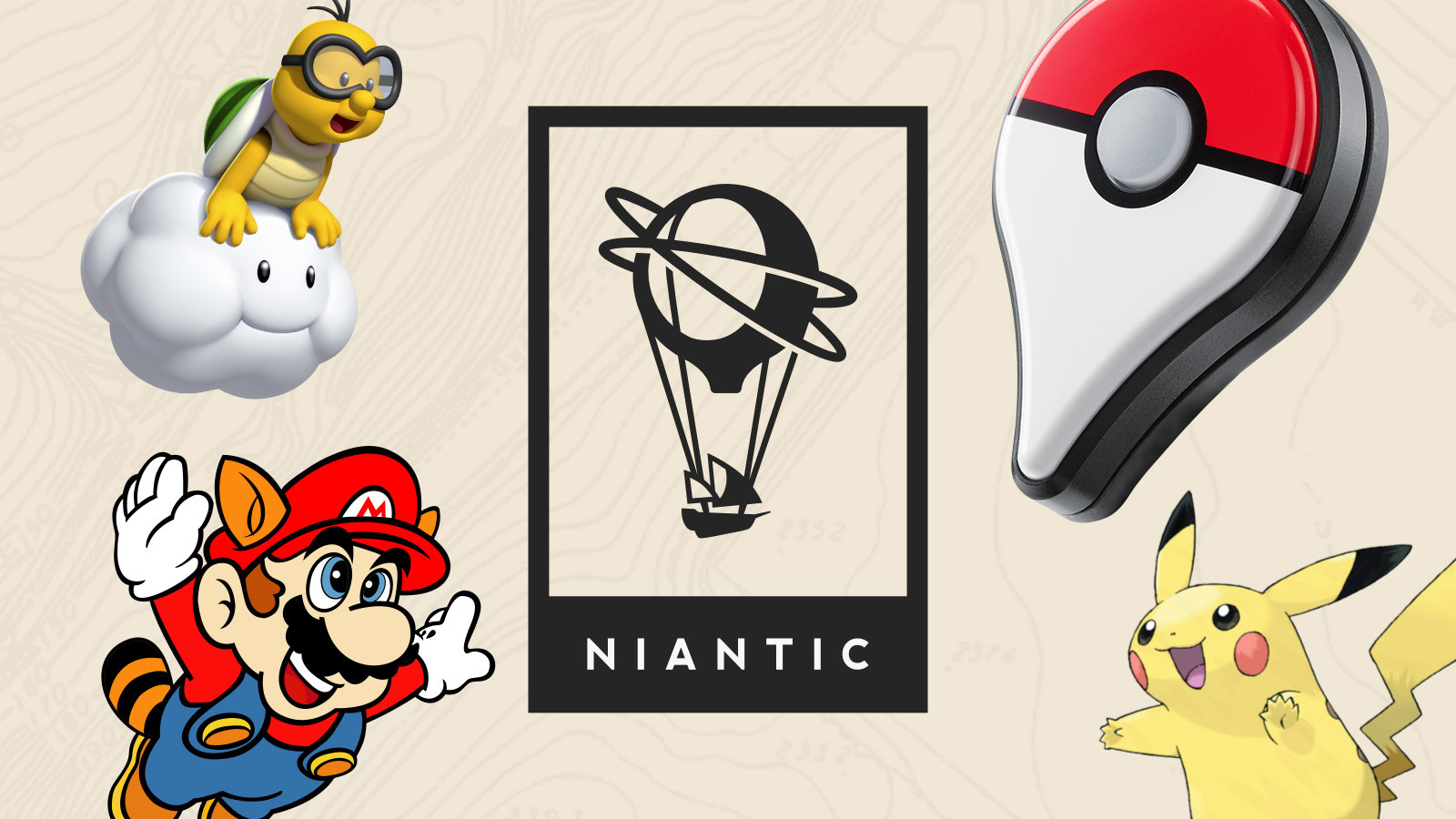
How the hell did a little-known game studio suddenly become one of the most recognizable developers in the world? Who did not ask such a question, watching the tremendous success of Niantic Labs with Pokémon Go. The question is really interesting. Therefore, we in the localization company Alconost translated for you a brief history of the studio Niantic Labs. Her success is not so sudden as it may seem ...
In July 2016, Pokémon Go was released - the first and really long-awaited mobile game about Pokemon. When, after almost a decade of silence, Nintendo and The Pokémon Company finally decided to release their most popular franchise to the mobile market, the Niantic Labs team became the developer of their applications.
')
The guys from Niantic Labs have a long-standing love for geolocation services - back in 2000, their director John Hanke had his own map company, Keyhole. But first things first.

John Hanke's fascination with MMO games
John Hanke, director of Niantic, has long been interested in MMO games: judging by the interview for Game Informer , he founded Archetype Interactive back in 1994.
Archetype Interactive is behind one of the early 3D MMO games - Meridian 59. This interest in online games clearly does not leave John in the work on subsequent projects.
And then there was a keyhole
And then there was Keyhole, which Hanke founded in 2001. Keyhole's first product, EarthViewer, was used in news releases during the invasion of Iraq in 2003 , making the company widely known.
The company had several investors, including Sony, In-Q-Tel and Nvidia.
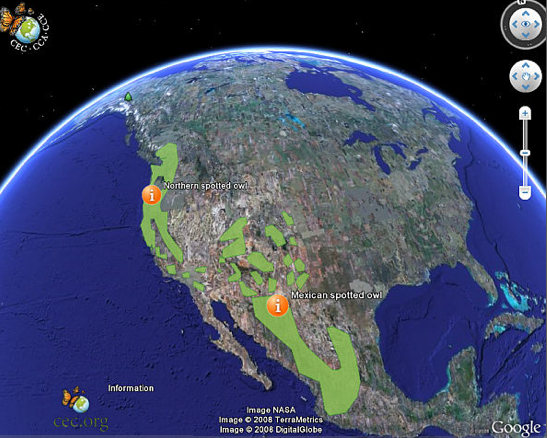
Application technologies developed in Keyhole: Google Earth
Obviously, this whole story greatly interested Google, which bought the company in 2004 . Then, Google said that they would continue to maintain Keyhole services and even reduced the price of software, which had cost as much as $ 599 before.
Subsequently, the technology developed in Keyhole, used to create Google Earth.

Development at Google Geo
After working on Google Earth, Hanke continued working at Google’s map department. Among other things, he worked on earlier versions of Google Maps - a service that later became one of the most successful Google products.
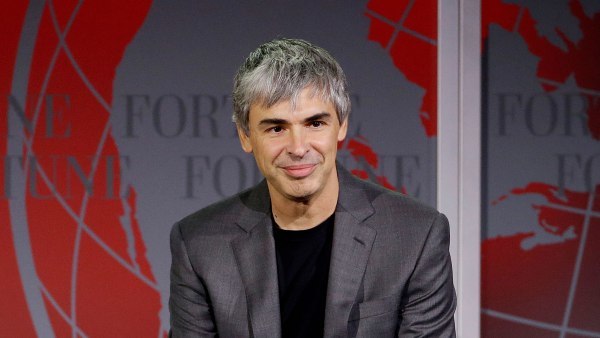
Larry Page persuades him to stay
According to the New York Times , somewhere around 2012, Hanke was thinking about leaving Google and setting up his own company. But Larry Page, then replacing Eric Schmidt as director, persuaded him to stay and offered to open a new direction within Google.
This was part of Page's long-term campaign to retain talented employees, who at that time were receiving more and more offers from developing companies like Facebook or Twitter and were suddenly aware that they were working in a huge - and growing - corporation.
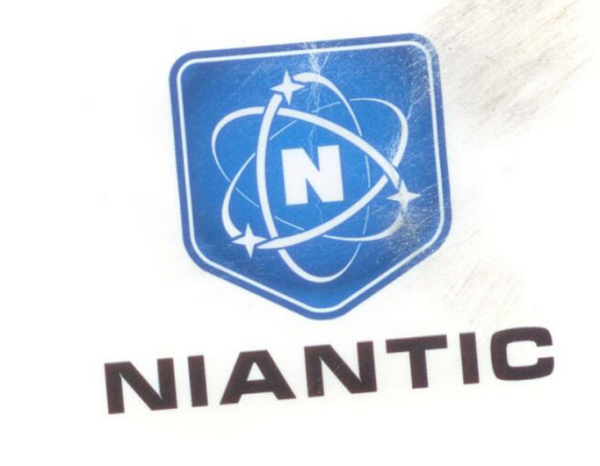
Running Niantic Labs in Google
All this led to the birth of Niantic Labs, which was founded to develop geolocation applications with a social component .
As Hanke told the New York Times , Niantic Labs was named after the ship of the gold rush times.
The first application of Niantic Labs: Field Trip
The first project of Niantic Labs was Field Trip, which they released in September 2012 . Field Trip was conceived as a geolocation-based city guide that pulls data from various sources, such as Thrillist and Zagat (also owned by Google). Field Trip showed users a card with historical information or nearby restaurants.
The application was not gaming, but even then it was clear which geolocation-based technologies were being worked on at Niantic Labs. All this was subsequently used in the games developed by the company.
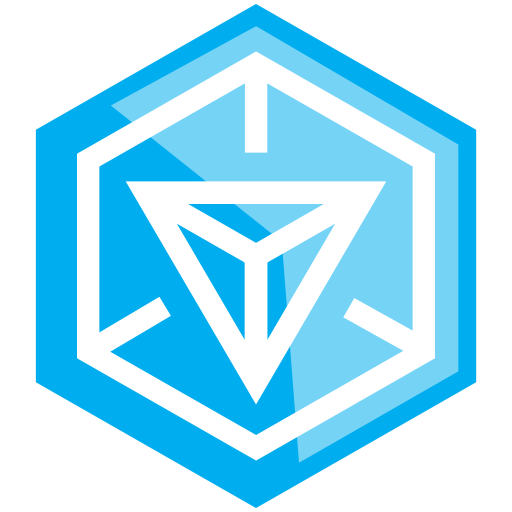
Ingress - a game with a very unusual gameplay
The next project, Niantic Labs, was Ingress - a sci-fi MMO game in which users had to move in the real world to collect objects, participate in battles and learn more and more about the Ingress world.
Most of the mechanics developed by Ingress are also used in Pokémon Go. Ingress was launched at the end of 2012 in the “by invitation only” format .

Google's Niantic Labs Branch
In August last year, Google singled out Niantic Labs as an independent company .
And although the resources of the entire corporation would be available within the walls of Google Niantic Labs, the allocation of such projects into an independent company is a common practice. A new company benefits from agility and freedom of action. In addition, it seems reasonable to isolate those projects whose subject matter does not coincide with the main areas of the corporation’s work: in this case we are talking about games that Google has never seriously dealt with.
Most often, this separation is incomplete - and Google is somehow involved in the life of the new company.
Fresh investment, including from The Pokémon Company
So Google took part in a new round of investment in Niantic Labs, which occurred after the separation of the company. While working on the Pokémon Go, Niantic Labs received a $ 20 million investment from Google, The Pokémon Company and Nintendo.
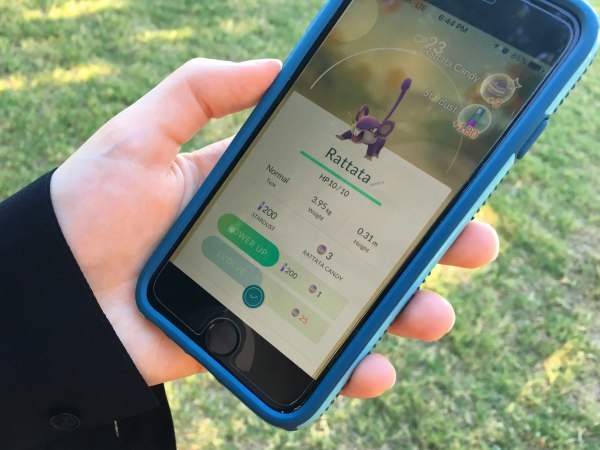
Pokémon Go - instantly wins the love of the players ...
All these efforts are not in vain. Pokémon Go earned the love of players around the world immediately after the release. The first game about Pokemon on smartphones - a mixture of beautiful design and enduring nostalgia - became a hit in the blink of an eye.
The application instantly soared to the top of both ratings of the App Store: this is the most popular free application, and the application that brings the most money.
... and instantly appears on the first line of the rating, with all its shortcomings and shortcomings
Despite all this, Pokémon Go was launched with an impressive list of bugs. The application often crashed, the servers were constantly overloaded, and working with Google accounts could not be called anything but disgusting: Niantic Labs tried to fix all this urgently.
The company has released an updated version of the application in which most of these problems should be fixed. When they fix all the other shortcomings - the question is open, but one thing is clear now: Pokémon Go has won unprecedented popularity among the most different strata of the population.
PS I wonder what to expect from Niantic Labs next?
About the translator
The article is translated in Alconost.
Alconost is engaged in the localization of applications, games and websites in 60 languages. Language translators, linguistic testing, cloud platform with API, continuous localization, 24/7 project managers, any formats of string resources.
We also make advertising and training videos - for websites selling, image, advertising, training, teasers, expliners, trailers for Google Play and the App Store.
Read more: https://alconost.com
Source: https://habr.com/ru/post/308004/
All Articles